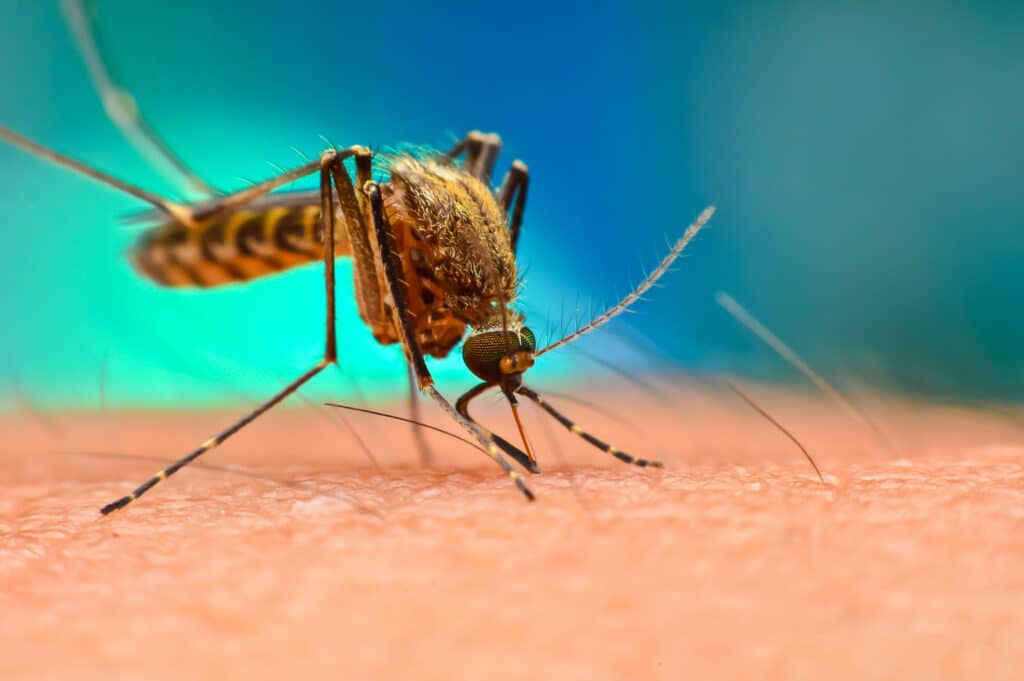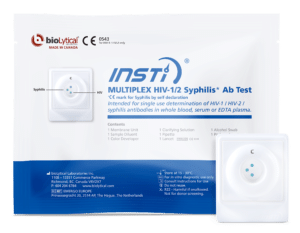- Our Productsclose
Our Products
Easy. Quick. Accurate.
- HIV and Testing
- Stories
- INSTI Times
- Our Productsclose
Our Products
Easy. Quick. Accurate.
- HIV and Testing
- Stories
- INSTI Times
Malaria—the very word conjures images of swamps, mosquitoes, and feverish nights. But amidst the fears and folklore, what’s the real scoop? Can you catch malaria from another person? How present is it in the United States? And if you’re traveling to or living in a malaria-prone region, what should you know about the pills meant to keep you safe?

Is Malaria Contagious?
First off, let’s tackle a common misconception head-on. Malaria is not contagious like the flu or a cold. You can’t catch it from casual contact, sneezing, or sharing utensils with someone who has malaria. The culprit behind malaria is the Plasmodium parasite, transmitted exclusively through the bites of infected female Anopheles mosquitoes. Once an infected mosquito takes a bite, the parasite enters the bloodstream and travels to the liver, where it multiplies and wreaks havoc on red blood cells, leading to the illness’s notorious symptoms.
Protecting Yourself and Others
While malaria isn’t contagious in the traditional sense, protecting yourself against mosquito bites is paramount in preventing its spread. Simple measures can make a significant difference, such as using insect repellent, sleeping under mosquito nets, and wearing long sleeves and pants during peak mosquito biting hours (from dusk to dawn).
FAQs About Malaria
Can malaria be cured?
Yes, when diagnosed promptly and treated correctly, malaria can be cured. Treatments depend on factors like the type of malaria parasite, severity of symptoms, and patient’s health status.
Is there a vaccine for malaria?
As of my last update, RTS,S/AS01 (sold under the brand name Mosquirix) is the only licensed malaria vaccine, offering partial protection against malaria in children in some African countries where malaria transmission rates are high.
How can I prevent malaria while traveling?
Beyond taking prescribed malaria pills, avoid mosquito bites by using repellent, wearing protective clothing, and sleeping under insecticide-treated nets.
Malaria in the U.S.: A Closer Look
Malaria might sound like a distant worry, relevant only to those in far-flung parts of the globe. However, it’s not entirely alien to the United States. While the U.S. eradicated malaria as a significant public health problem by the early 1950s, the country still sees about 1,700 cases annually, mostly in travelers returning from regions where malaria transmission is more common. It’s a stark reminder that in our interconnected world, diseases are just a plane ride away.
Malaria Pills: A Double-Edged Sword
For those traveling to or living in areas where malaria is prevalent, malaria pills can be lifesavers. However, as with any medication, they come with their own set of potential side effects. The most common medications for malaria prevention and treatment include chloroquine, doxycycline, and mefloquine. Side effects can range from mild to severe and vary by medication:
- Chloroquine is generally well-tolerated but can cause itching, headache, and gastrointestinal discomfort. In rare cases, it can lead to vision problems and mood changes.
- Doxycycline is an antibiotic that can prevent and treat malaria. Its side effects may include sun sensitivity, which can lead to severe sunburns if not careful, as well as gastrointestinal upset.
- Mefloquine, while effective, has been associated with more serious side effects in some individuals, including neurological and psychiatric effects like anxiety, hallucinations, and in extreme cases, psychosis.
It’s crucial for travelers to consult with healthcare providers to weigh the benefits and risks of each medication, considering factors like the specific malaria threat in their destination, personal health history, and potential drug interactions.
Looking Ahead
Malaria remains a formidable challenge, but understanding its transmission, risks, and prevention strategies can empower us to protect ourselves and contribute to global efforts in combating this disease. Whether you’re an intrepid traveler or a health-conscious individual, staying informed is your first line of defense.
Remember, while malaria can be a daunting topic, knowledge is power. By demystifying its contagion, recognizing its presence in the U.S., and acknowledging the side effects of preventive pills, we equip ourselves with the tools needed to tackle this ancient foe head-on.
Stay safe, stay informed, and let’s continue the fight against malaria with knowledge and vigilance.
References
https://www.cdc.gov/parasites/malaria/index.html
https://www.mayoclinic.org/diseases-conditions/malaria/symptoms-causes/syc-20351184
https://www.who.int/news-room/fact-sheets/detail/malaria
https://www.who.int/health-topics/malaria
https://my.clevelandclinic.org/health/diseases/15014-malaria
https://www.webmd.com/a-to-z-guides/malaria
https://www.medicalnewstoday.com/articles/150670
https://www.paho.org/en/topics/malaria
Our website uses cookies. By continuing to browse our site you are agreeing to our Privacy Policy.



